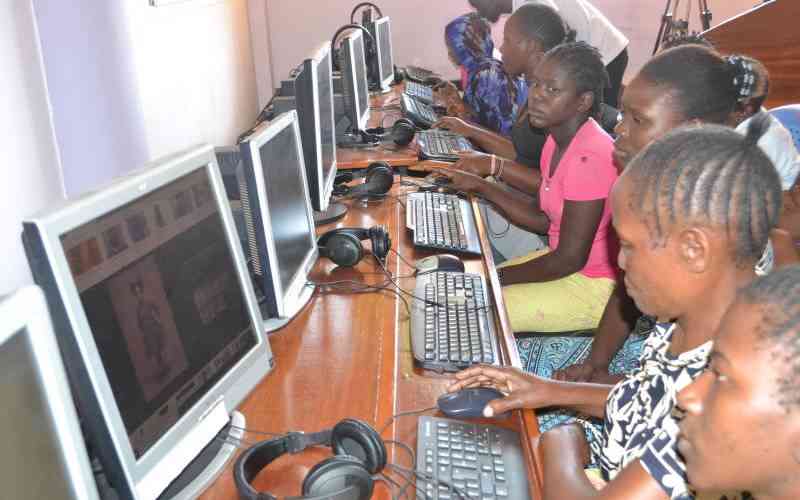
The world is gravitating towards greater levels of digital technological advancement and more nations are relying less on manual systems. This comes with the realisation that digital technology is vital in modern society and affects nearly all facets of life spanning from productivity, interactivity, security to education, healthcare and transport.
The benefits of digital technology in various sectors are numerous. Gone are the days when people queued for hours in banking halls, thanks to online banking. Remarkably, the transportation sector has not lagged behind as vehicles are sprucing up for automation; solving various conveyance woes.